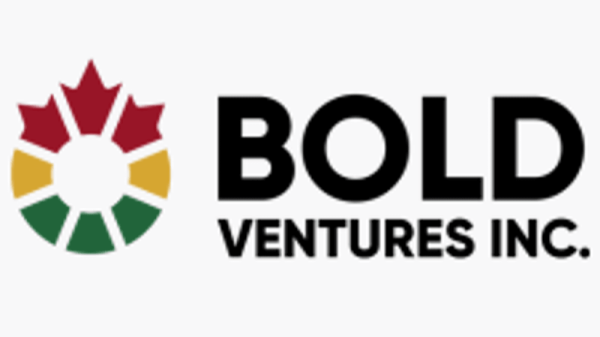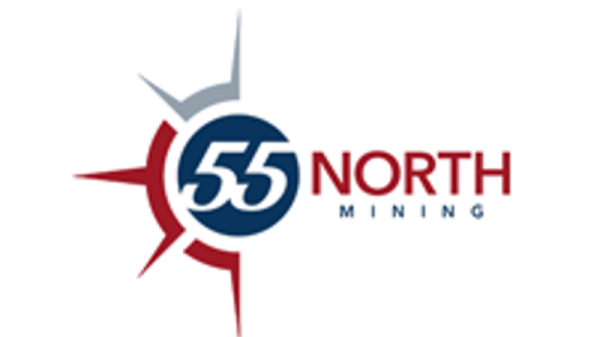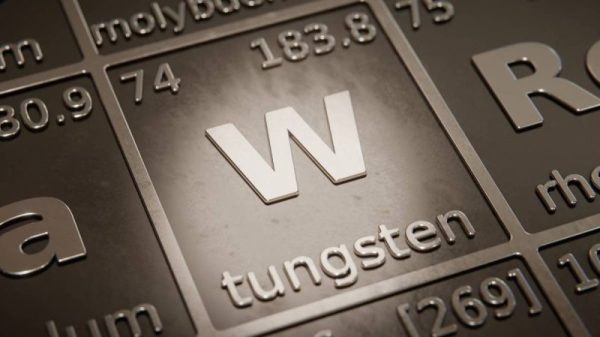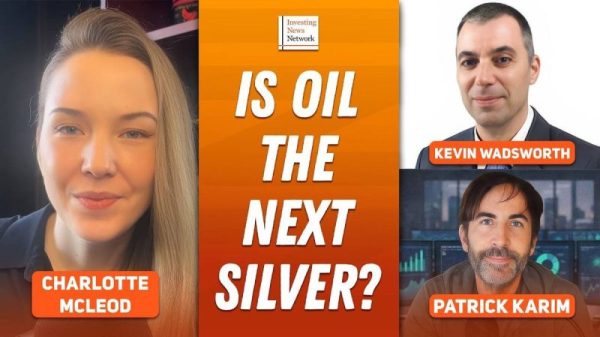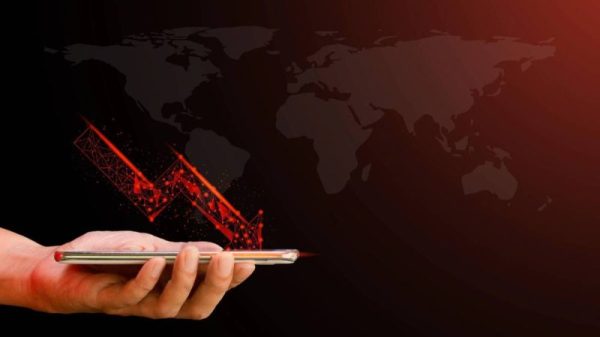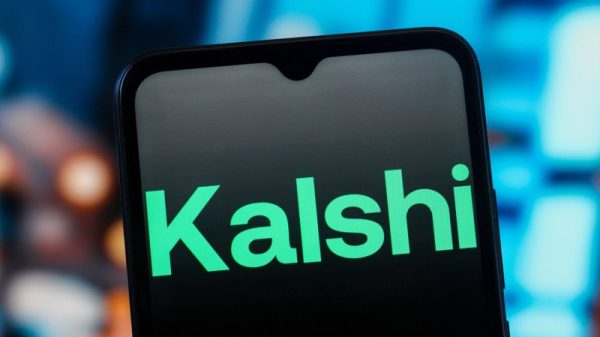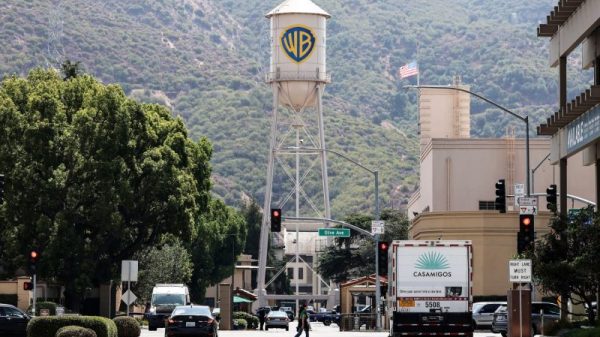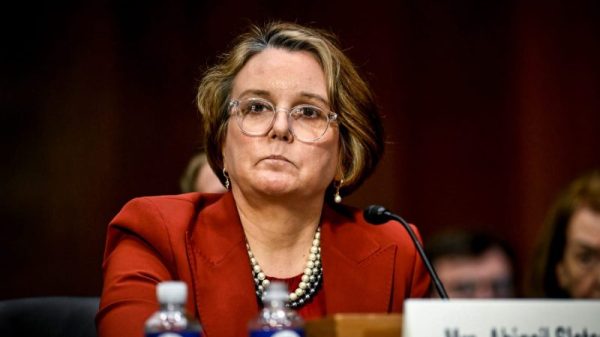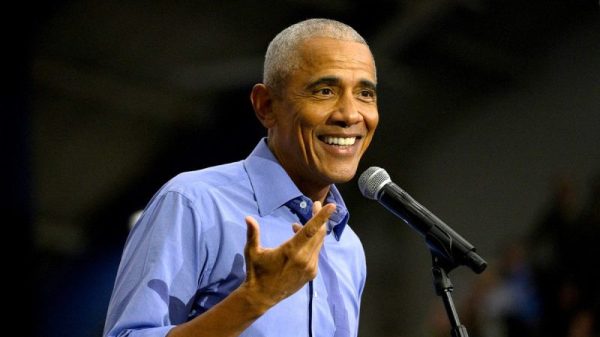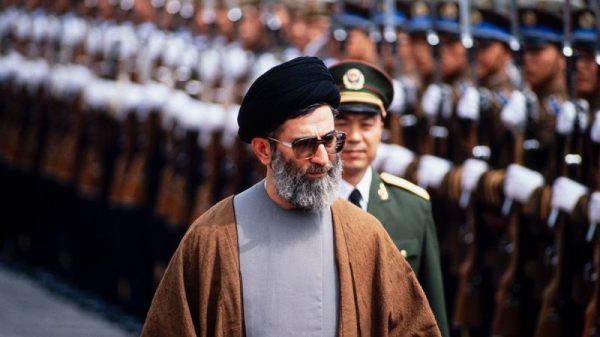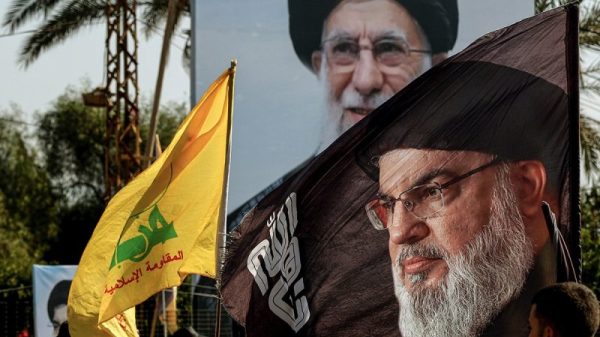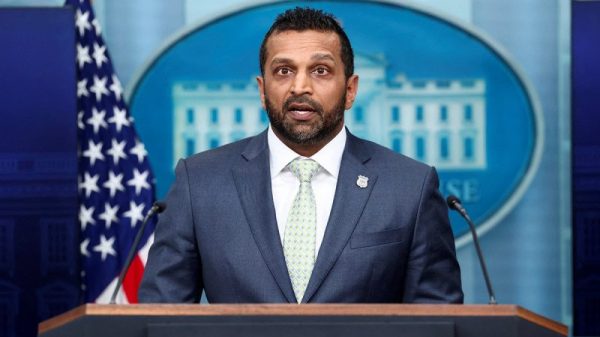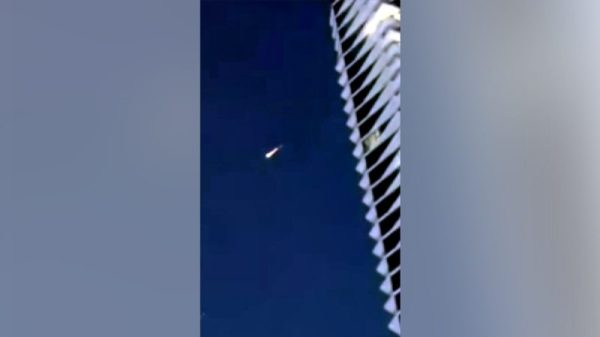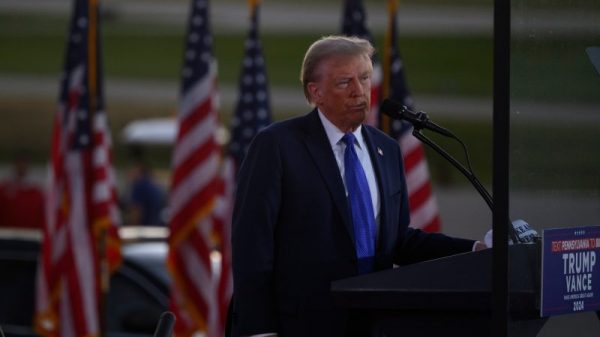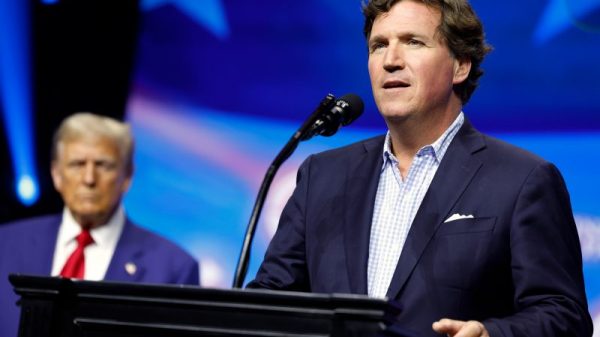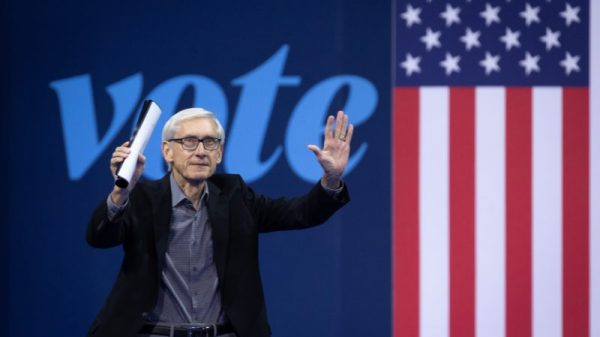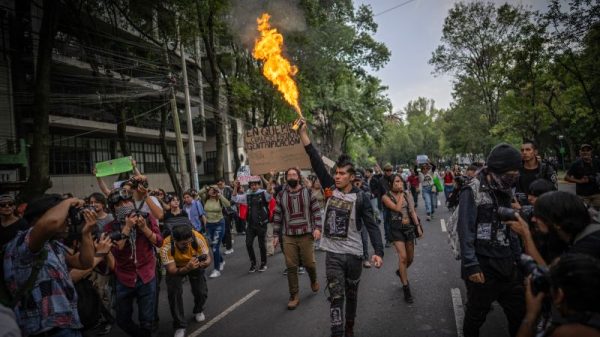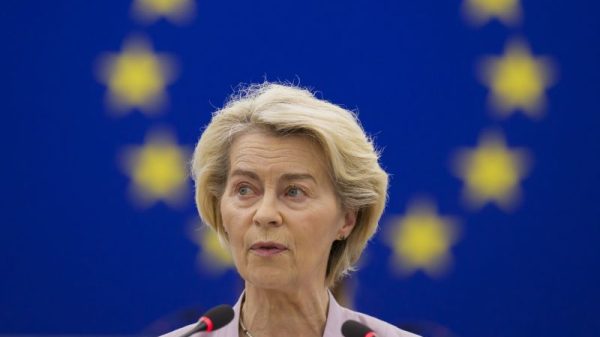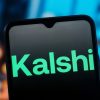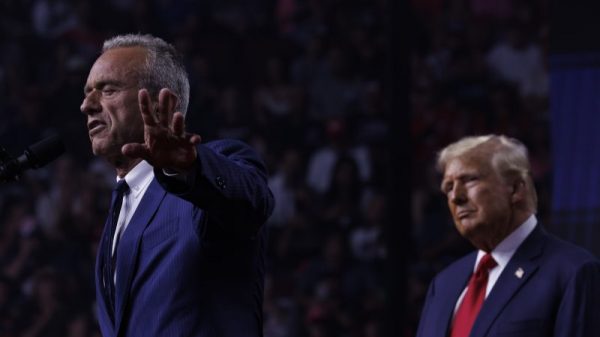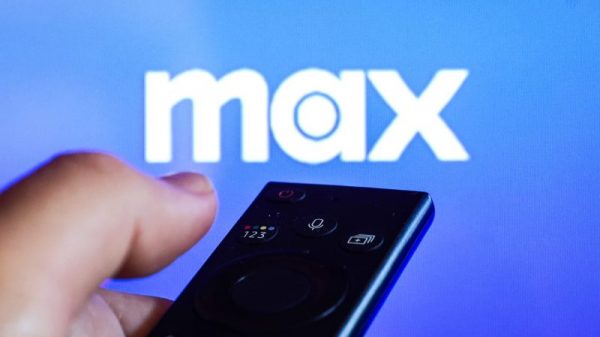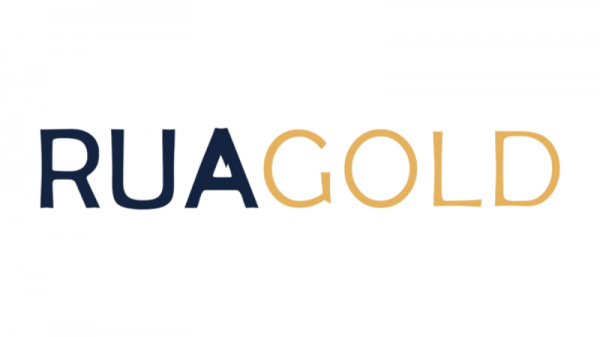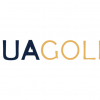

China’s grip on the battery metals sector has drawn increasing scrutiny in recent years as nations confront growing concerns around supply chain risk and resource security.
Through a blend of domestic output and aggressive overseas investment, particularly in Africa and South America, Chinese companies now command a significant share of upstream supply.
The country is responsible for roughly 60 percent of global rare earths production and controls over 70 percent of cobalt supply through its stakes in mines across the Democratic Republic of Congo.
Meanwhile, its lithium footprint continues to grow through key assets in Chile, Argentina and Australia, reinforcing China’s strategic control across the entire battery metals value chain.
In addition to resource extraction China also firmly controls the global midstream of the battery metals supply chain, particularly in refining and processing. The country currently accounts for approximately 70 to 72 percent of lithium refining and 68 percent of cobalt refining, with similar dominance in graphite and rare earth processing.
China’s control of the battery metals supply chain was a dominant theme at the Fastmarkets Lithium Supply & Battery Raw Materials conference held at the end of June in Las Vegas.
During the “Building North America’s Sustainable EV and ESS Supply Chain” expert panelists explored complex forces shaping the battery supply chain, pointing to the intersection of commodities, geopolitics and evolving technologies as critical pressure points.
Chris Berry, founder and president of House Mountain Partners, stressed the importance of mastering midstream production amid shifting chemistries, and called for bold action, specifically, increased funding for refining and next-generation processing.
He also advocated for selective collaboration with China, highlighting the necessity of leveraging mutual strengths in a deeply interlinked global market.
For Berry, a convergence of high interest rates, volatile metal prices and deepening policy uncertainty is keeping critical investment sidelined at a time when it’s most needed.
Speaking to current market dynamics, Berry noted that while capital was readily available two years ago — when lithium traded around US$80,000 per tonne and other metals saw record highs — today’s environment is far less favorable.
“The cost of capital is much higher, and policy uncertainty is the biggest issue investors are grappling with,” he said, pointing to unpredictable tariff measures and export controls as key deterrents.
For institutional investors and private equity funds, that lack of clarity makes it nearly impossible to deploy capital into battery supply chains with confidence.
The timing couldn’t be worse, Berry added, as nations seek to reindustrialize and compete with China’s dominant position. “Any delay in getting money into the ground today means falling further behind tomorrow.”
Lithium’s boom/bust cycle
After 15 years in the lithium space and three boom-bust cycles, Berry sees the market once again caught between extremes.
“In each cycle, prices have overshot on the upside and overcorrected on the downside,” he said, noting that lithium peaked around US$85,000 per metric ton in late 2022 — well above sustainable levels.
Fast forward to mid-2025, and the price has tumbled to just over US$8,000, a level Berry also considers unsustainable given the strength of long-term demand.
Despite price volatility, he still expects lithium demand to grow by 20 percent annually through the end of the decade — requiring the industry to double in size by 2030. But with investor hesitation and incentive pricing far off, capital is slow to flow into new supply.
“How is it supposed to double when the economics aren’t there?” he asked, warning that delays today could set the stage for the next inevitable boom. For now, opaque pricing and limited market visibility continue to challenge investors and developers alike.
Western refining capacity
During his panel discussion Berry suggested that the west look to the midstream segment of the battery metals supply chain as an opportunity for growth.
“I would fund the refining portion of the supply chain, whether that’s refining raw materials, lithium, nickel, what have you, or magnets, next generation technology. That to me, is really the bottom line and where the government should focus,” he told the attendees.
Berry expanded on his answer explaining that mines can take over a decade to be fully permitted while refining and processing sites have a much shorter lead time.
For Berry, the buildout of western refining and processing is the logical step in wresting some of the supply chain control out of China’s hands.
“If we’re talking about how we can lessen dependence on China? That’s how you do it. You strike a deal with raw material providers or producers. Maybe they’re Canadian, maybe they’re Australian, maybe it’s Chilean. Maybe it’s a country in Africa. But, the process of capacity is absolutely critical. It’s much faster to production,” he said.
Partnership and collaboration
While Berry is adamant that more refining capacity outside of China is needed, he is not opposed to strategic partnerships and alliances with the nation.
“It’s a US$500 billion a year relationship. You think about trade between the US and China, and I don’t even know if it’s feasible to unwind that,” he said during the panel.
“I don’t think it’s wise to be honest with you, but with respect to the EV supply chain, I just think, why wouldn’t we try and find a way to selectively partner and leverage each other’s strengths?”
Securities Disclosure: I, Georgia Williams, hold no direct investment interest in any company mentioned in this article.

